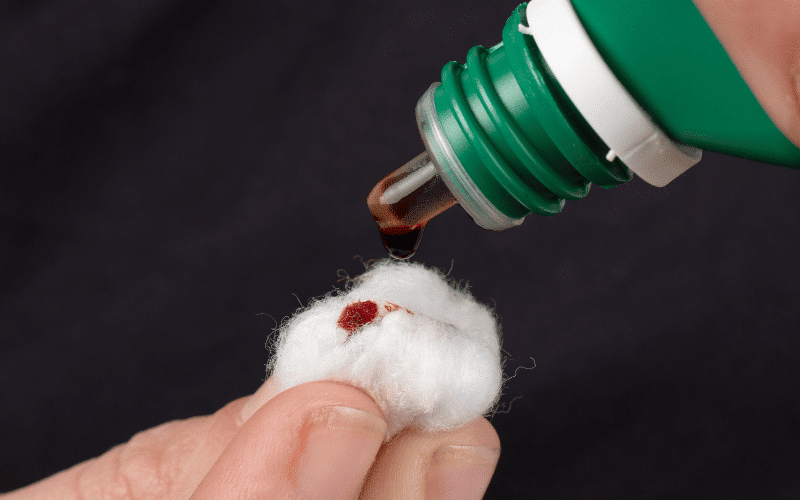Fact 8: Radioactive Iodine Therapy – An Adjunct to Surgery

Following surgical intervention, patients often undergo radioactive iodine (RAI) therapy. This treatment uses a form of iodine that’s radioactive to obliterate any residual thyroid tissue, including potentially missed cancer cells during the surgical procedure. It’s an additional safeguard, ensuring a thorough elimination of disease.
RAI therapy capitalizes on the distinctive ability of thyroid cells to absorb iodine. This feature isn’t just limited to healthy thyroid cells but extends to thyroid cancer cells as well. Consequently, when a patient ingests radioactive iodine, it selectively seeks out and destroys thyroid tissue while largely sparing other tissues. It’s a targeted approach, minimizing collateral damage.
While RAI therapy is generally well-tolerated, certain side effects might occur. These can include nausea, dry mouth, and altered taste, usually temporary. Patients undergoing RAI therapy might also have to follow certain safety precautions to avoid exposing others to radiation. Doctors provide comprehensive guidance in this regard, ensuring the therapy proceeds smoothly and safely. (8)